Meet Generation Z!
March 9, 2015
Download the full report here!
Meet Generation Z!
There’s a new demographic in town — Generation Z. Loosely defined as being born between 1995 – 2009, the children of the Millennials and Gen X are expected to be a generation of social change. Being post 9/11 babies, they are aware of an unstable economy and are the most socially connected generation. They are also considered to be a sedentary generation due to the high integration of technology into their lives. From gaming to social media, these kids love their tablets, phones and computers.
This lifestyle attribute has put them at risk for obesity. If they continue on their current path, by the time they reach adulthood, 77% of Generation Z men and 61% of women will be classified as obese.1 With the goal of helping Generation Z change the channel on their health outlook, we’ll take a look at what drives this generation of kids and what the industry is doing to help them make healthier choices.
Generation Z: Their Power By The Numbers
- 25 million kids in the U.S ages 0-18, represent nearly 23.3% of the population. Expected to reach 31% by 2018.
- $16.90 a week in allowance with an annual spending of $44 billion but influences more than $600 billion in family spending.
- 73% influence over weekly dining menus, 69% of entertainment choices and 65% of family vacations.
- Multitask over 5 screens.
- Spend 51% more time on their computers than they did ten years ago.
- Interest in cooking and food is expected to grow more than any other consumer group in the next 5 years.
- They spend a majority of their monthly allowances on food and snacks (more than any other product category).
A Foodie Generation
Generation Z, more than any other generation, has been exposed to more cooking competitions and shows on The Food Network or Cooking Channel and they’re not sitting on the sidelines. A quick search on YouTube of “kids chef” yields over 800,000 videos. This is a generation of doers, that’s for sure. A love for bold, exotic flavors certainly influences Generation Z, who have been exposed to ethnic cuisines at a much younger age than most and whose palates have been cultivated to be more adventurous.
Adventurous doesn’t mean classic flavors aren’t appreciated. Leading the way in kids’ favorite flavors are berry, citrus fruit and chocolate, with vanilla and marshmallow having a significant impact. Cherry is a favorite and antioxidant rich blueberry also is making its mark on kids’ palates. Additionally, cheesy flavors are always welcome with kids, as are sour flavors.
What's Influencing Generation Z to Eat Healthy?
Several programs have and are being developed to get Generation Z on their feet and eating healthy instead of sitting and playing games on their tablets. The food industry (from foodservice to food and beverage manufacturers) and the U.S. government are being extremely proactive in working to achieve this goal.

Government Initiatives
In October 2014, the government developed Supertracker (supertracker.usda.gov/default.aspx), which is a program especially for teens containing a fitness and food tracker, recipe nutritional analyzer and weight management tools.
Food Industry Initiatives
Whether its fast food, fast casual or fine dining, 72% of consumers say they are more likely to visit a restaurant with healthy items on the menu. According to the chart in the full report, the number of kids’ menu items has increased on average 18% from 2010 – 2013 with the most notable increases in the fast casual market and fine dining markets. Fine dining restaurants typically do not have childrens’ menu items, but many most likely added options to increase traffic during the recession. Family friendly, fast casual national and regional concepts like Chipotle and Panera are leading the way by making healthy kids’ meals a goal.
This is in line with the annual restaurant survey conducted by the National Restaurant Association, which found more than 1,300 of their member chefs ranked “healthy kids meals” as the #4 hot trend n 2014 in addition to expecting to see more whole grain items in kids meals.
What's Happening On Menus For Kids?

- McDonald’s has a section of their website where that highlights menu items and how they fit into a healthy diet.
- Using brown rice, fruits and vegetables, protein, whole grains and reasonable portion sizes, fast casual restaurants will capture the attention of parents and ultimately their kids.
- Fruit as part of kids’ meals has experienced phenomenal growth at fast casual restaurants, increasing from 36 to 57%.
- “Low fat” claims on kids’ menus are seen on 46% of all kids’ menus (an increase of 109%).
Category Focus: Food & Beverage Manufacturers
Snacking
It has been well established that snacking is on the upswing and currently represents half of all eating occasions.7 This rings true with kids who are on the go, shuttling around from activity to activity and need quick snacks to fuel up.
The federal government, recognizing the power of the snacking trend, has jumped in with a new school program. Smart Snacks in School began in the 2014-2015 school year with new guidelines for snack foods sold in vending machines, foods sold a la carte and in student stores. It requires that snack foods be less than 200 calories, be whole-grain and have the first ingredient be a protein, fruit, vegetable or dairy food. Recent retail snacks to hit the market include:
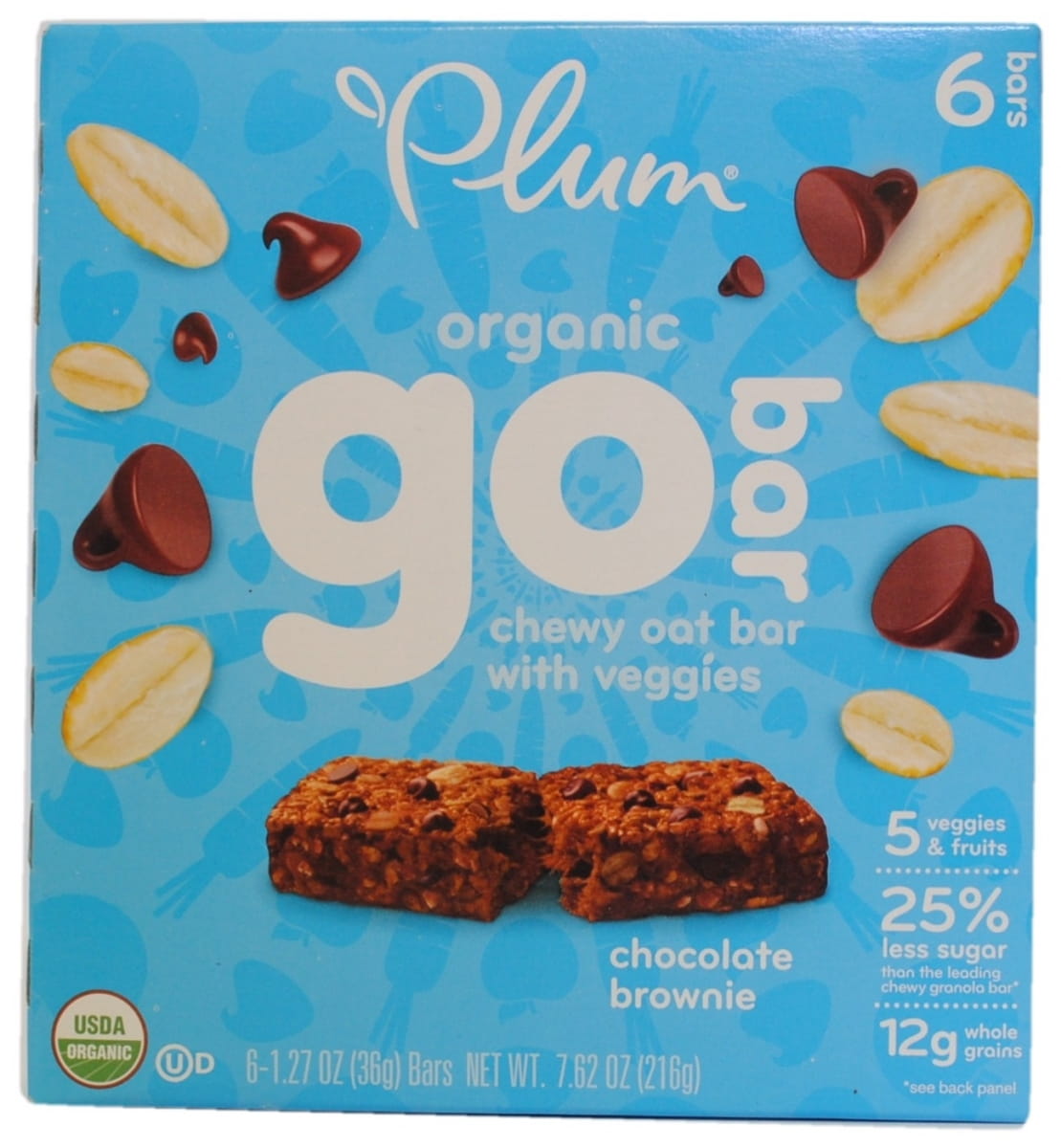

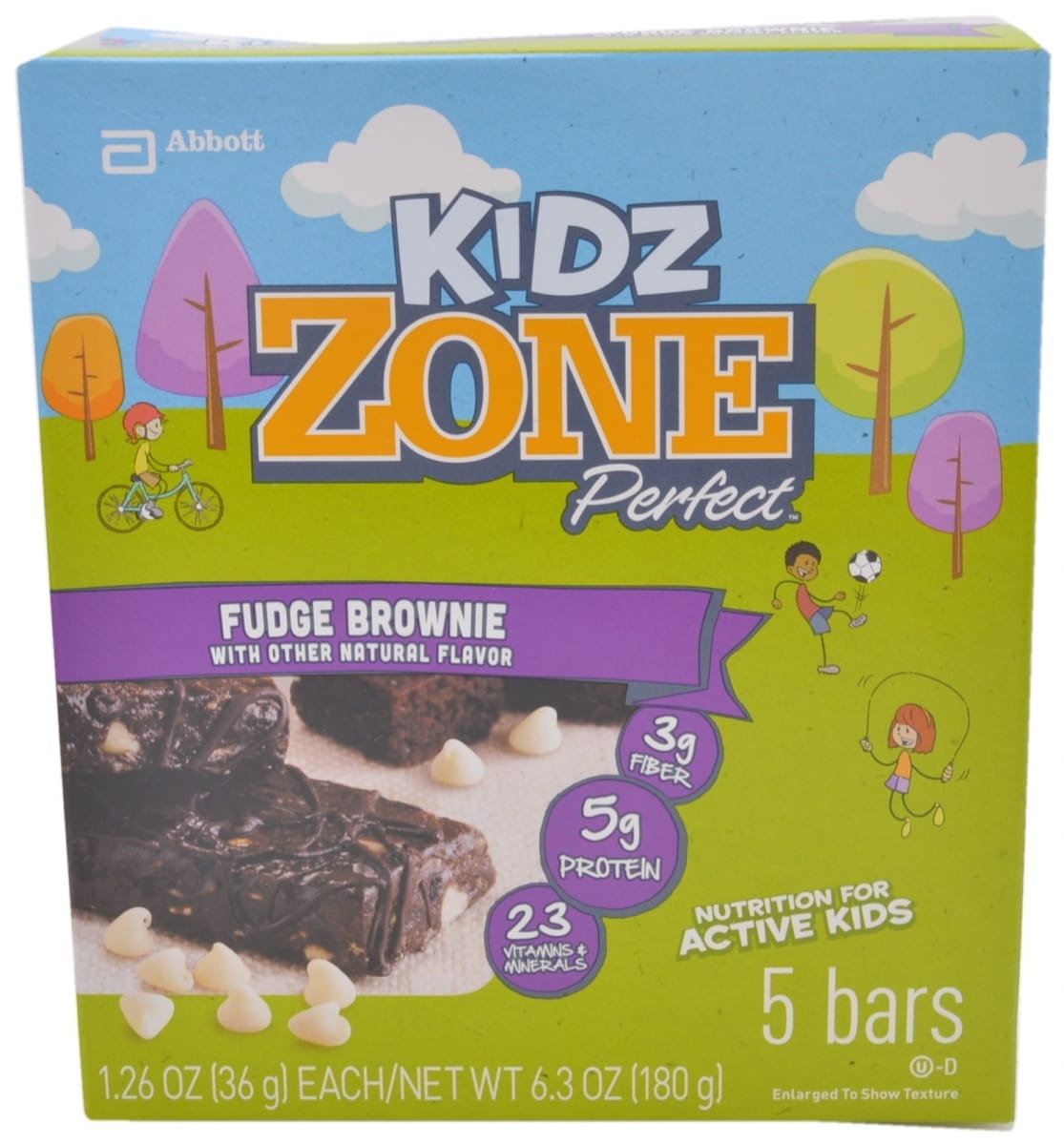
Stealth Health
Since the beginning of time, getting kids to eat their veggies has been the cause of many mealtime battles. 35% of parents still say they have a hard time getting their kids to embrace nature’s candy and 44% are open to new ideas for how to accomplish this. 8 Manufacturers have risen to the challenge by creating new concepts where veggies are lurking beneath familiar exteriors. Pizza crust with broccoli, cauliflower and carrots or veggie-tinged mac n’ cheese are recent entries into the stealth-health category along with fruit juices fortified with a full serving of naturally sweet vegetables.
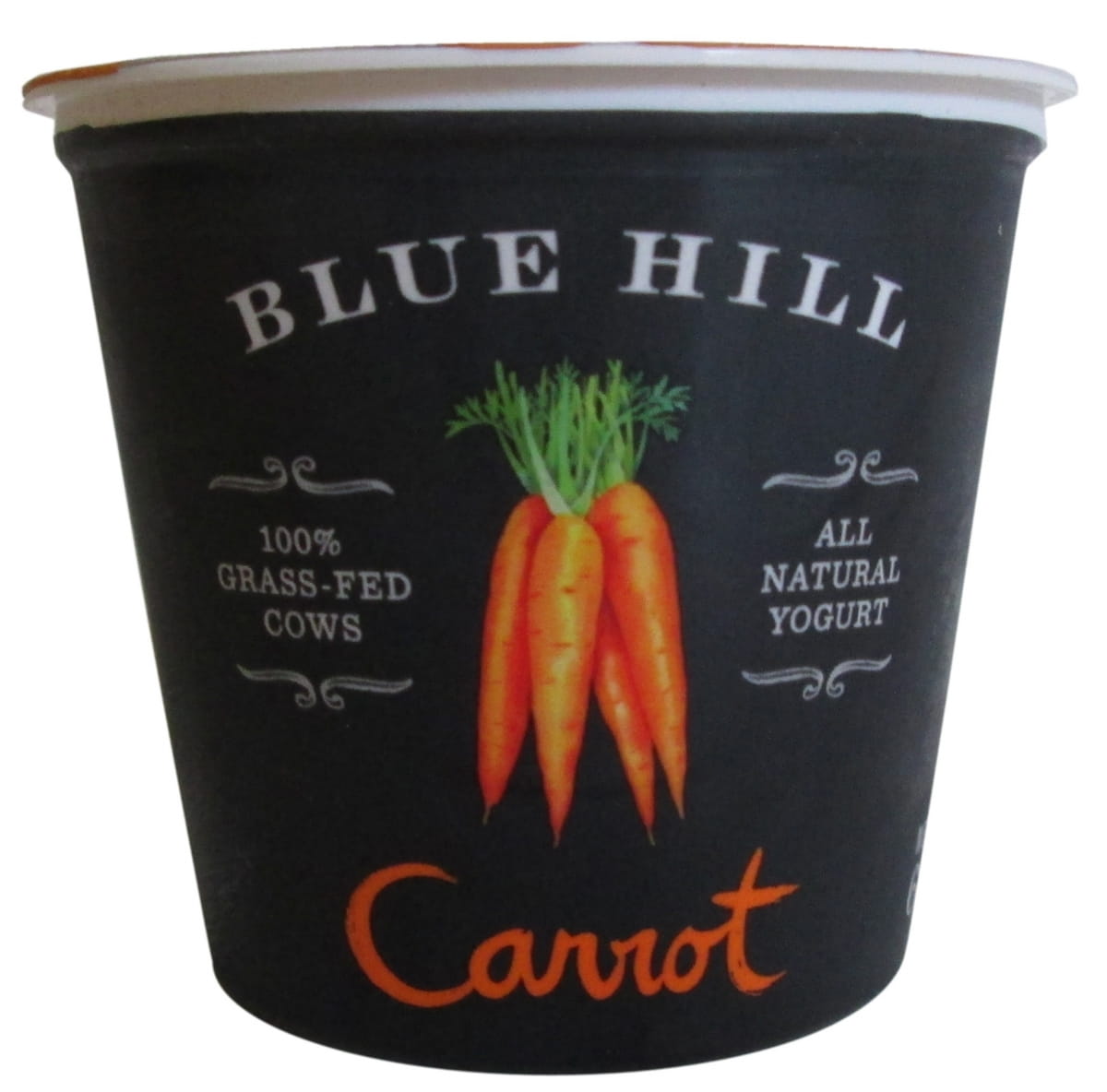
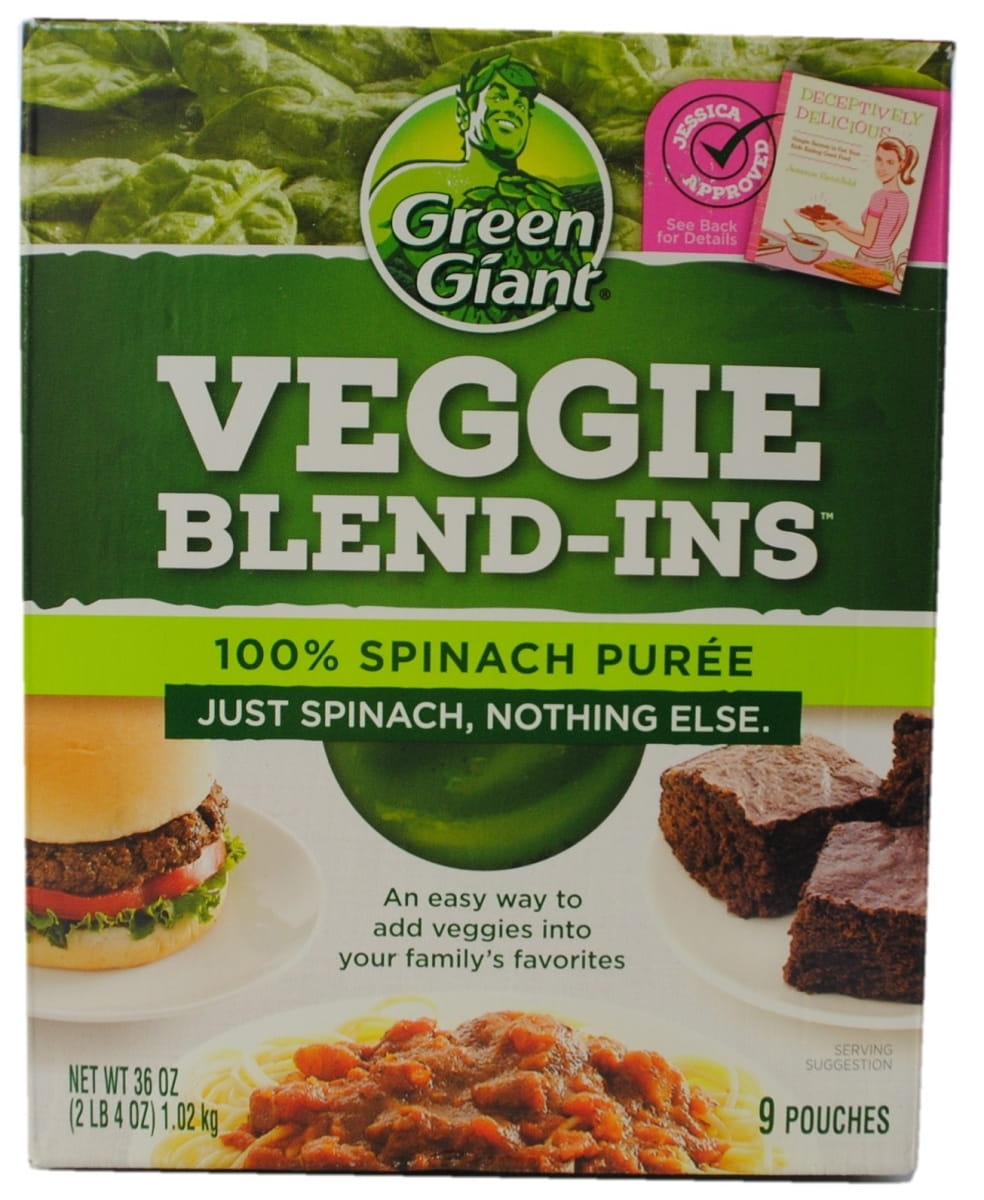
Beverages
Getting kids to drink their milk has usually been easier than eating their veggies but it’s still a challenge for parents. Enter Cow Wow Cereal Milk, which can get a full serving a dairy into even the pickiest child (or adult for that matter) because it combines a favorite breakfast and snack treat: cereal and milk. Three fun flavors including Fruity Trudy, Chocolate Chip Cathy and Cinny Minny can bring out the “Z” in all consumers.
Desserts
The stealth health aspect of juice-based frozen treats could appeal to parents who are looking for easy ways to increase their children’s fruit and vegetable servings. But for those wanting ice cream, finding options that use non-GMO, Fairtrade ingredients allow parents to fill the next cone and satisfy their conscience.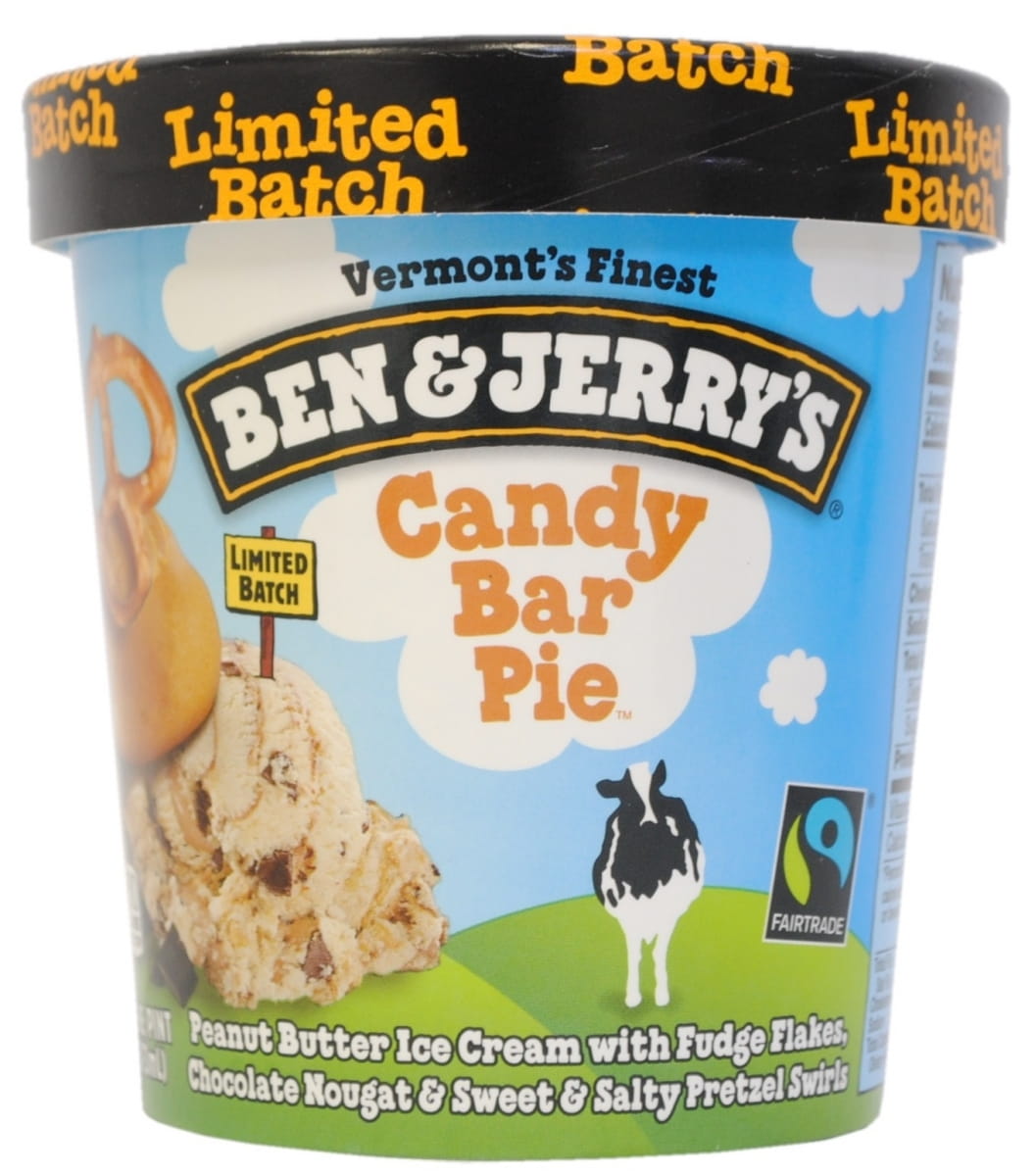
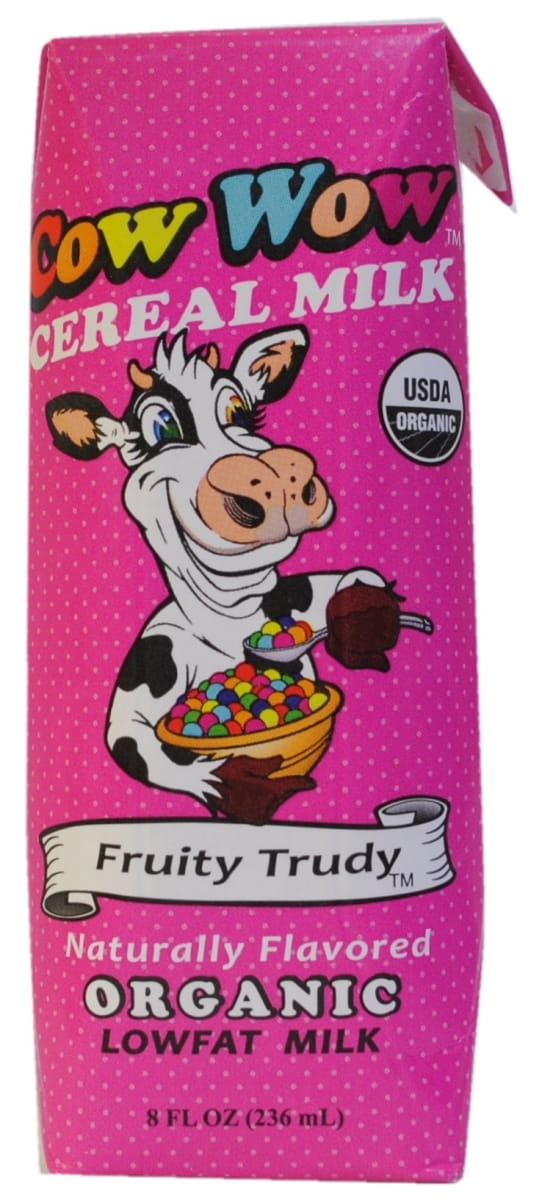
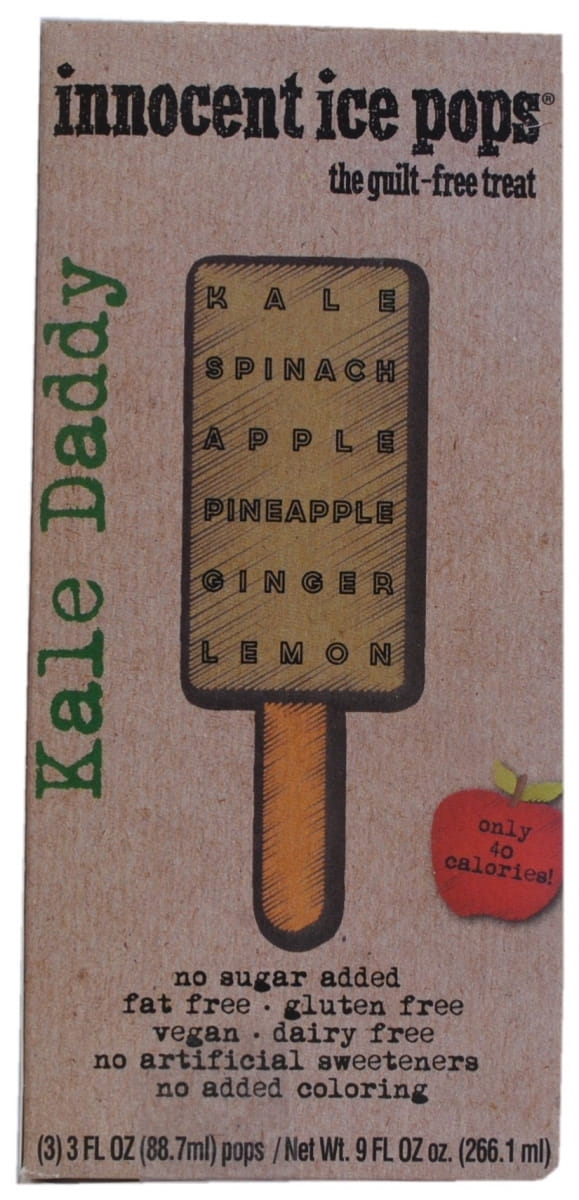
Gum & Candy
Natural Flavors: Some manufactures are hoping parents might be more willing to allow a candy treat if the “natural” claim is on the label.
For a Cause: Having a philanthropic twist is another way to potentially reach parents. Project 7 Sugarfree gum is available in flavors including Front Porch Lemonade and Birthday Cake. The company promises to give to areas of daily need, such as donating 150,000 days of schooling.
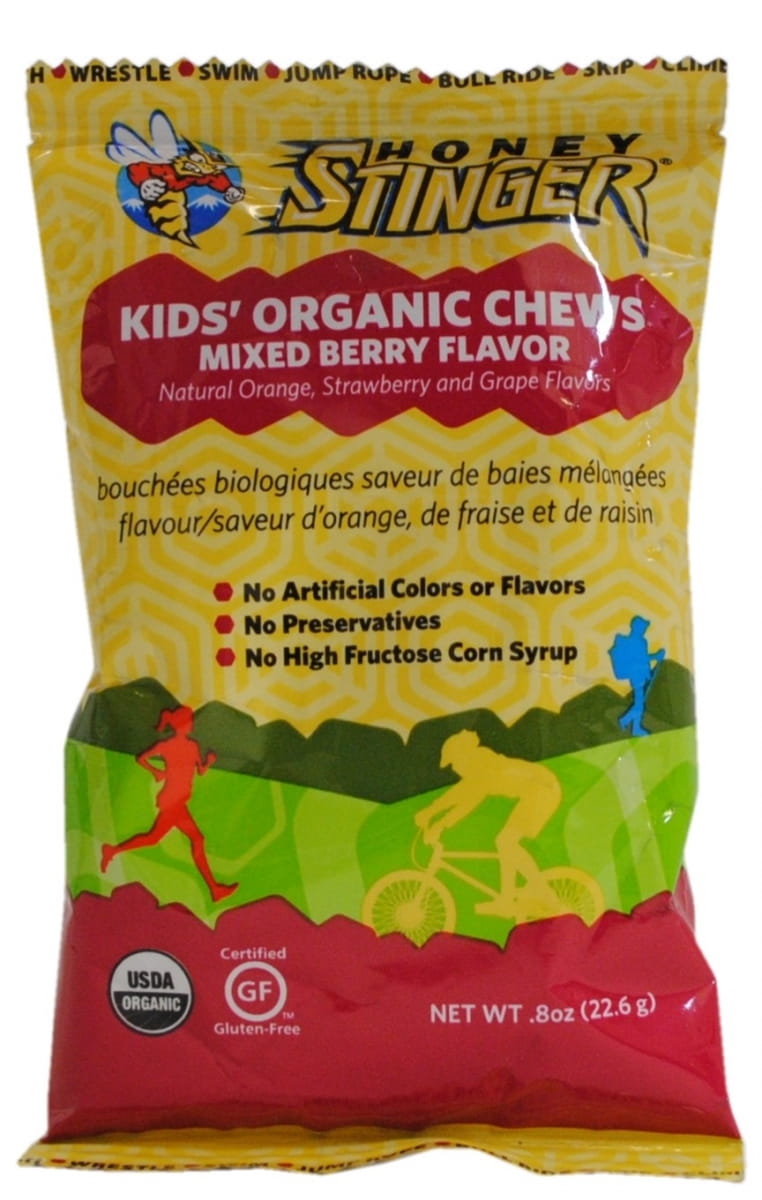
Opportunities
Kids' Meals
Make a better, healthy kid’s meal and you just might rule the world. While there has been positive change in the “sides” that are part of the kids’ meal, the main course has remained largely unchanged, especially in the fast food market. 45% of parents say restaurants offer boring flavors for kids with 28% noting that their kids choose not to order off the kids’ menu.9 Chicken tenders, cheeseburgers, hot dogs and mac n’ cheese are the most popular offerings, but concepts like Moe’s Southwestern Grill are proving kids can be sophisticated diners. Moe’s choice of burrito with chicken or beef, rice, black beans and a drink is leading the way in healthy eating for kids. Even McDonald’s has been experimenting with bubble-gum flavored broccoli, which wasn’t a hit with kids but is an interesting effort.
Gluten-Free
Celiac disease affects 1% of all kids in the U.S., which means that over 250,000 kids will most likely eat gluten free for the rest of their lives. While the availability of gluten free products on the market has increased significantly, few are targeted towards kids. For example, from 2011-2013 only 1% of gluten free cookies and crackers were targeted towards kids.10 Manufacturers who make a point of pursuing this market will make kids and parents looking for these options very satisfied. Annie’s has targeted kids with their gluten-free snacks including fruit snacks, mac & cheese and granola bars.Packaging
School lunchtime is pretty predictable: a protein, carb, veggie and fruit all presented on a tray (and typically the veggie and fruit go largely ignored in favor of the protein and carb). Enter the slim by design lunch tray by Dr. Brian Wansink of Cornell University. Just by adjusting the shapes and sizes of the cups in the school lunch trays the ideal tray would magically make the entrée, the starch, and the dessert look huge and satisfying (even if they were smaller), make the vegetable and fruit look enticing, keep the vegetable hot and the fruit cold, and make everything look like it was going to taste better.11 A practical solution that might just make school lunches a tad cooler.
The Tweeners
Unfortunately, kids aged 10-12 feel too old for traditional kids’ meals because the portions are too small to fill them up and the concepts are intended for younger kids. Plus, the flavors don’t acknowledge their increasing preference for bolder ethnic flavors. Ninety-one percent of parents with kids ages 18 and younger at home say they’ve prepared meals with ethnic flavors in the last month, with 72% making Hispanic cuisine.12 Opportunity exists for manufacturers and restaurant concepts to develop kids meals that contain a larger volume of healthy food with great flavors. Concepts that are able to come up with tween pleasing exciting flavors will win with kids and their parents, desiring healthy alternatives.FONA CAN HELP!
Let FONA’s market insight and research experts translate these trends into product category ideas for your brand. They can help you with concept and flavor pipeline development, ideation, consumer studies and white space analysis to pinpoint opportunities in the market. Our flavor and product development experts are also at your service to help meet the labeling and flavor profile needs for your products to capitalize on this consumer trend. We understand how to mesh the complexities of flavor with your brand development, technical requirements and regulatory needs to deliver a complete taste solution. From concept to manufacturing, we’re here every step of the way. Contact our Sales Service Department at 630.578.8600 to request a flavor sample or visit www.mccormickfona.com.



